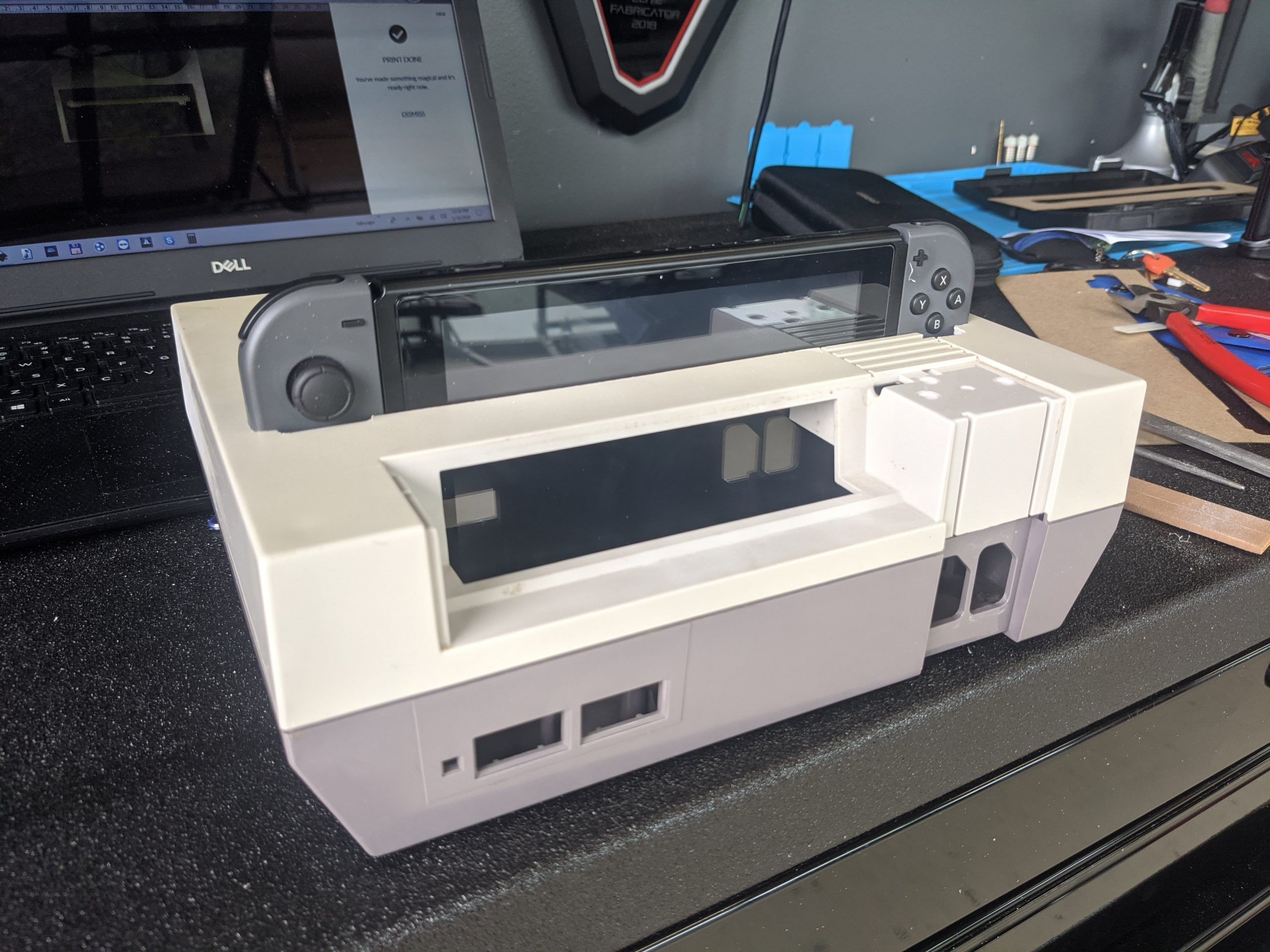On July 24, a ton of Nintendo games were leaked onto the internet in a major 'Gigaleak', via a breach of official Nintendo source code. These game leaks, which include ROMs for canceled games like 'The Legend of Zelda: Ocarina of Time 2' and many others, represent possibly one of Nintendo's most comprehensive data breaches in recent history. "Recent history" including the infamous Pokemon Sword & Shield leak of November 2019.
The Gigaleak can be sourced back to 4Chan, though we are not able to provide any direct links to any of the leaked ROMs for legal and ethical reasons. Social media users have been reporting the existence of the leak over the past several days, however, and at this point, it's safe to assume that these illicit ROMs have been spread so far and wide that the aptly titled Gigaleak may prove functionally impossible for Nintendo to reel in.
Aside from prototypes of unreleased games, the Gigaleak included the complete repositories of Famicom and NES ROMs, as well as a development repository of Game Boy Color/Game Boy Advance boot ROMs, and a small catalog of Pokemon games. On July 25, the leak expanded to a repository of N64 source code and games, such as the aforementioned The Legend of Zelda: Ocarina of Time 2 and even an 'Ultra Mario Bros 64', reported Switcher.
This Gigaleak is the latest in a chain of Nintendo ROMs getting leaked onto the net, a phenomenon lauded by gaming curators (h/t PCWorld) who see Nintendo as trying to bury gaming history under its own walled garden. Meanwhile, such leaks have caused the company's legal team, the aptly named "Nintendo Ninjas" by the Nintendo fandom, to crack down.
Earlier this year, popular Nintendo 'leaker' Sabi was reportedly forced to shut down their Twitter account, the platform from which they shared hot information on the newest Nintendo games and ROMs. An account mimicking Sabi has since returned under the same handle, though it doesn't appear that their aim is to post much more than the occasional "NSFW content". Regardless, given Sabi's stature, it's clear that Nintendo's legal team is no longer as lenient as they might have been previously.
One of several reasons that Nintendo could be fighting so hard to stop leaks, such as this major Gigaleak, is that leaked ROMs allow developers to create and program emulators of Nintendo's most popular games, which can then be distributed and run on unauthorized hardware such as a PC or a tablet. This can negatively impact the bottom line for Nintendo's hardware sales, which, as you might imagine, is more than a small annoyance for Nintendo's executive board.

